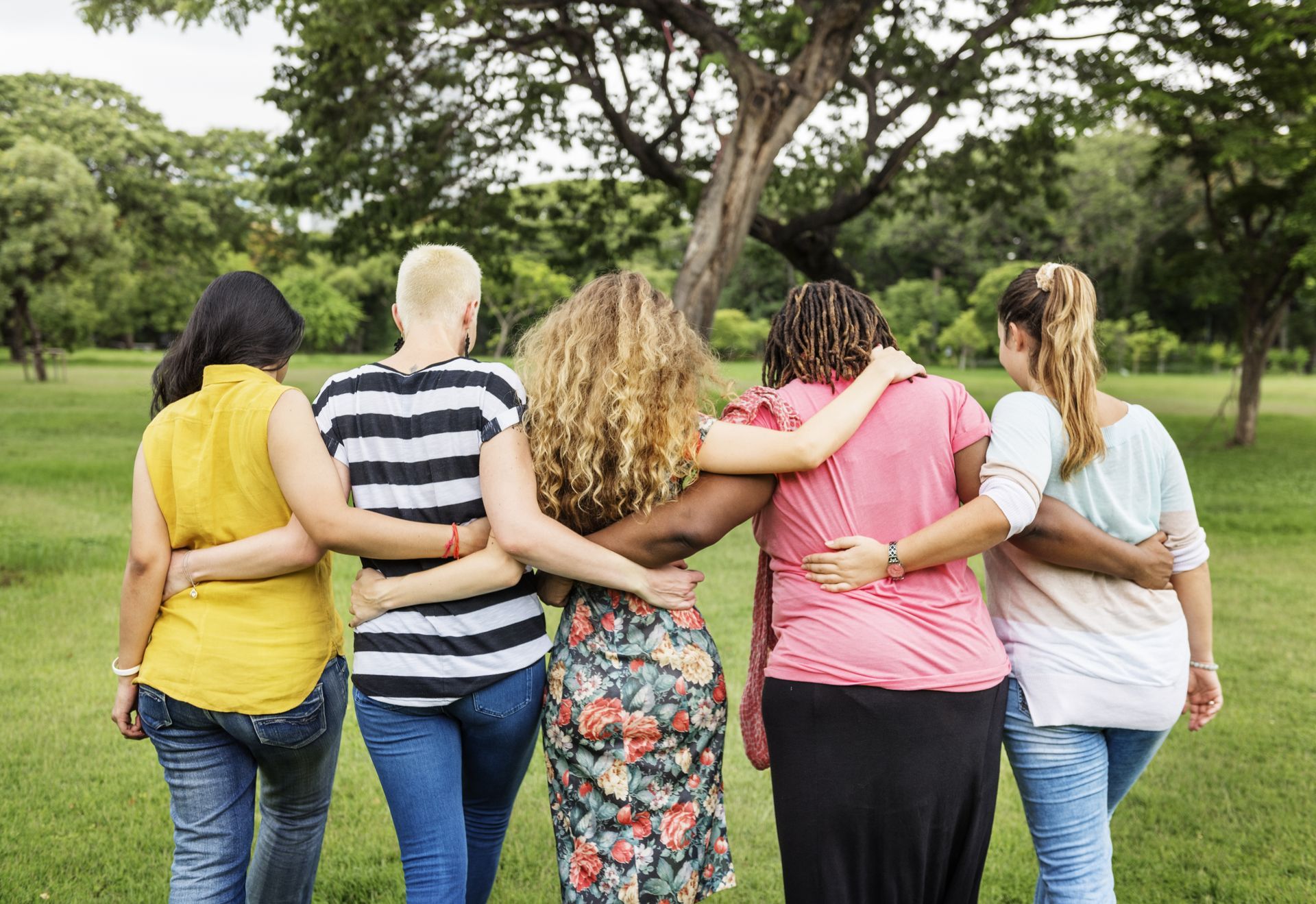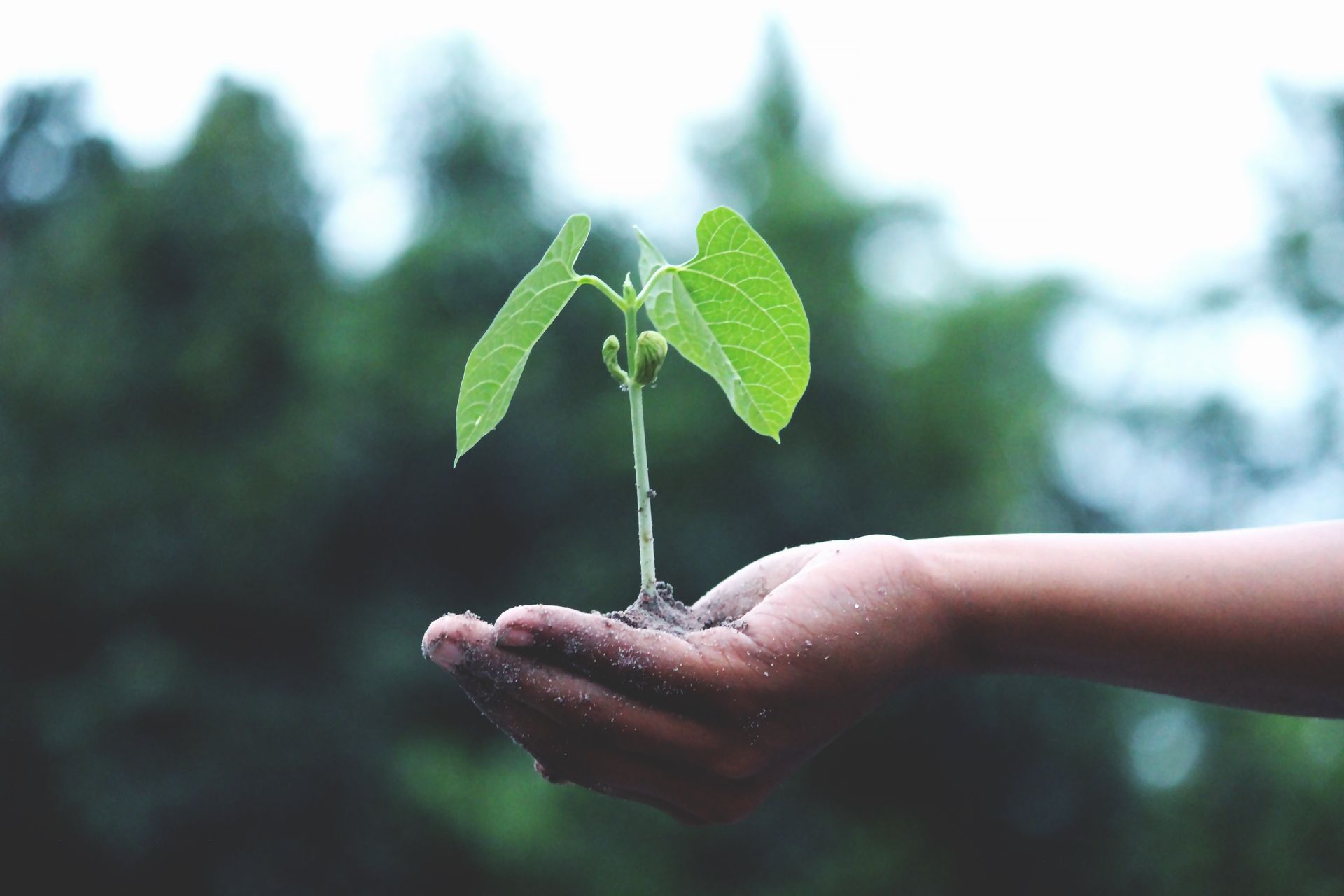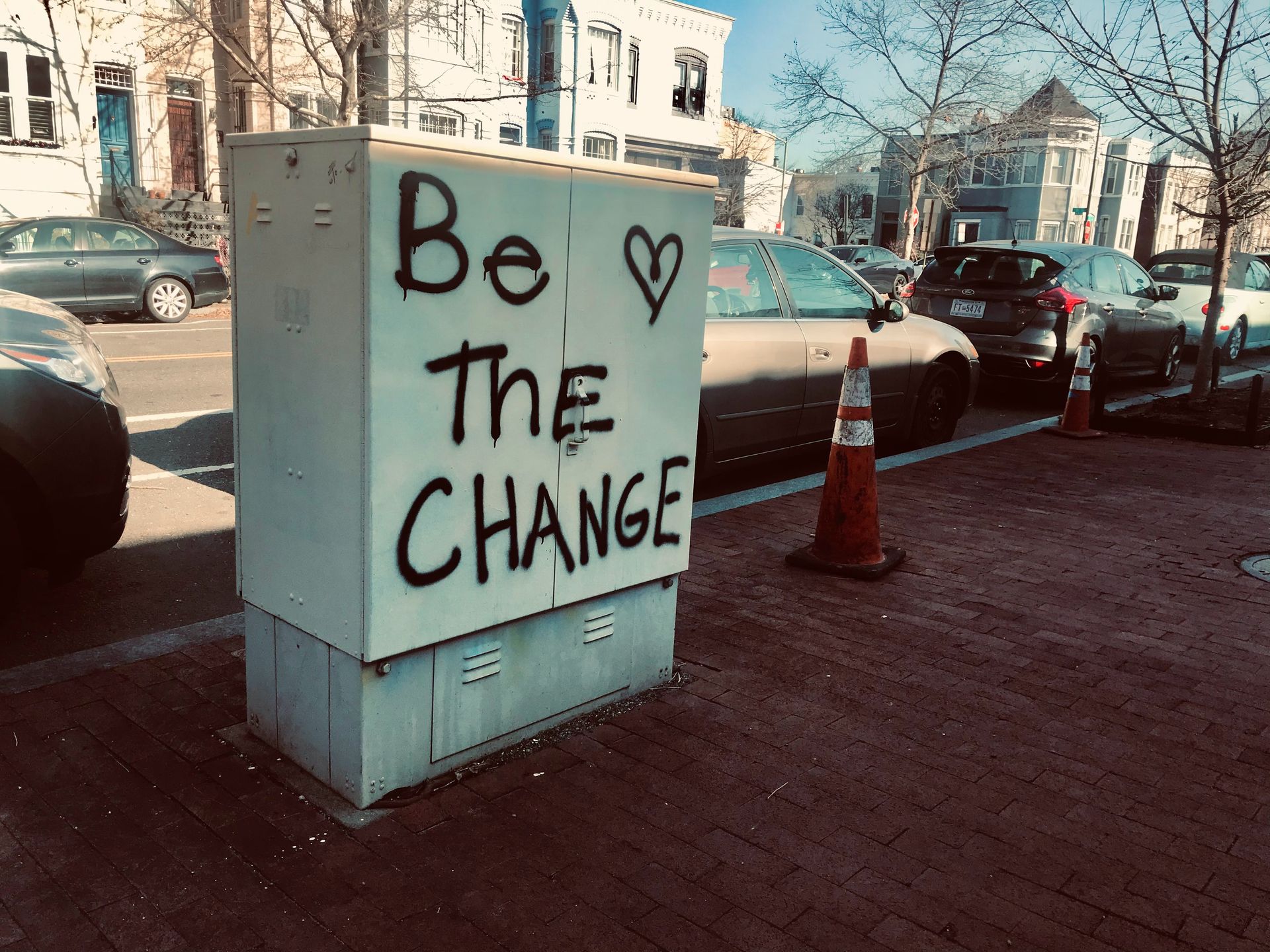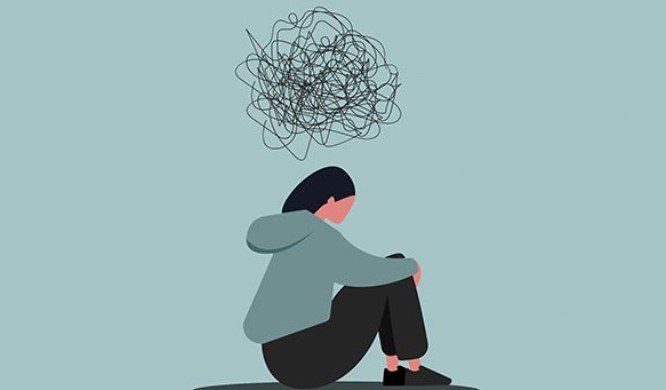Social Prescribing Day 2023
Read our latest blog to find out why this date is so important to health professionals nationally and those individuals with complex needs!
Today (9th March 2023) marks the fourth Social Prescribing Day. Today we will be celebrating the great impact social prescribing has on individuals nationally and the influence it has on people's mental and physical health and well-being.
At aneemo, we support and advocate for Social Prescribing as we are always looking to promote and improve training and find interventions that will help organisations and individuals improve their well-being.
What is Social Prescribing and why is this so important within the health and social sector?
Social Prescribing is a nonclinical approach to help address an individual's needs and gives people more control of their health. Formal Social Prescribing is also referred to as ‘community referral’. These referrals are generally done in primary care settings by GPS or practice nurses, however, we feel the principals of activity, community and social connection are vital to us all and something we can all find benefit from. This approach supports people to become more integrated within their community by implementing local interventions and encouraging those struggling mentally or physically to get involved, in order to feel less isolated and more at one within their community. This can be done by voluntary and community sectors providing activities such as group learning tasks, sports and other social activities to help give more opportunities to those that may feel neglected or isolated.
Research suggests that individuals that are more likely to feel lonely or isolated within their communities tend to have a higher risk of severe and long-term mental health issues such as depression, anxiety or low self-esteem. That's why having community referrals and support in primary care is key, as it's easily accessible, and over 20% of patients consult their GP for primarily social issues (1). Consequently, this approach is fundamental to improving and progressing social equality.
Like aneemo, Social Prescribing targets health inequalities and aims to support people in feeling more integrated within their communities. It's a person-centred approach and focuses on the emotional, social and psychological needs of the individual, just like common approaches such as Psychologically Informed Environments (PIE) and Trauma-Informed Care (TIC). At aneemo, we focus on the process within our services and ensuring they are PIE and trauma-informed to allow maximum growth and opportunities for each service user. This gives people the skills, confidence and support to access external opportunities. Therefore, the Social Prescribing approach, alongside other interventions and strategies, can make the system more well-rounded and effectively have a more significant impact. We are backing national Social Prescribing Day to encourage others to look at the holistic wellbeing benefits of activities such as gardening, arts and crafts, sports or volunteering; and the value they hold for all of us in wellbeing and community connectedness.
The first social prescribing day was so successful that on the actual day 29.5 million people interacted with the hashtag and 11 countries were involved. The hashtag itself was trending #3rd in the UK(2).
So let's get involved and give the values of Social Prescribing a go!
Further Sources of Support
Do encourage someone who may be struggling or need extra support to talk to their GP or seek further support from a mental health professional to help them in keeping safe.
National Academy for Social Prescribing
NASP is a national charity that champions social prescribing.
You can find out more about what they do and how to get involved on their website:
www.socialprescribingacademy.org.uk
Samaritans
24/7 helpline for a safe place to talk any time
Tel: 116 123
jo@samaritans.org
www.samaritans.org
SHOUT
24/7 crisis text service.
Text Jami to 85258 for free, confidential support.
Blue Ice
Blue Ice is an evidenced-based app that can be prescribed by a GPs to help young people manage their emotions and reduce urges to self-harm. It includes tools such as mood diaries, soothing toolbox and emergency numbers.
www.oxfordhealth.nhs.uk/blueice/
For more information on any advice, staff training or support aneemo can offer please contact us:
contact@aneemo.com
#aneemo
#SocialPrescribingDay
#Wellbeing
(1)Husk, K. et al. (2018) “Social Prescribing: Where is the evidence?,” British Journal of General Practice, 69(678), pp. 6–7. Available at: https://doi.org/10.3399/bjgp19x700325.
(2)Social Prescribing Day - what is it and how can it be supported? (no date) Social Prescribing Day – What is it and How Can it be Supported? Available at: https://www.theaccessgroup.com/en-gb/blog/hsc-social-prescribing-day-and-the-5-ways-to-support-it/ (Accessed: March 9, 2023).












